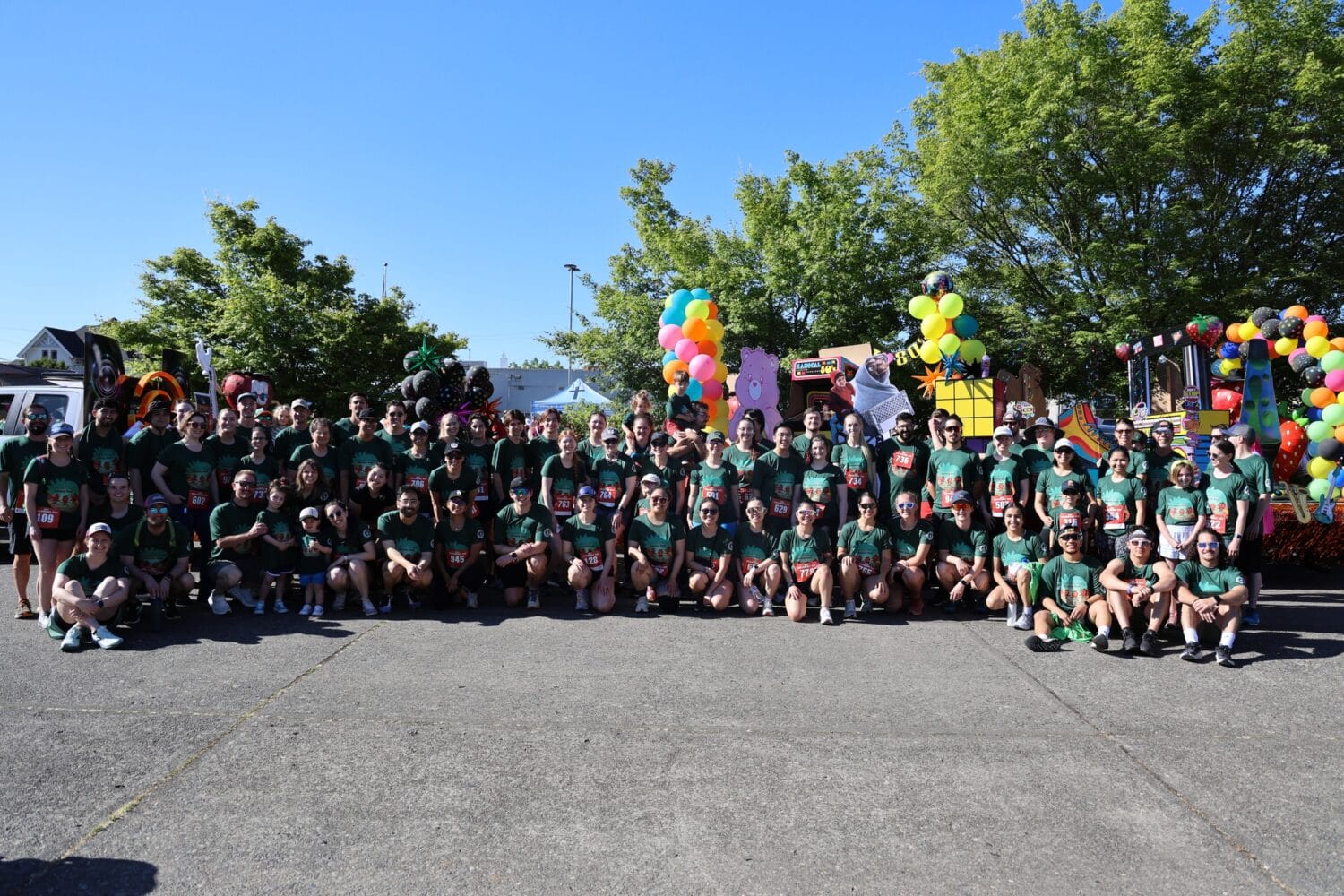Holocaust Survivor Helps WesternU Observe Holocaust Remembrance Day
WesternU students, staff and faculty heard Holocaust survivor Dr. Joseph Rebhun speak about his experiences during a Holocaust Memorial at WesternU, Thursday, April 19, 2012.
WesternU’s Hillel Club hosted the event on the national observance of Holocaust Remembrance Day, which commemorates and honor the 12 million men, women and children who were murdered and perished in the Holocaust.
Rebhun lives in Claremont and retired from practicing medicine in allergy and immunology. He graduated from the University of Innsbruck Faculty of Medicine in 1950. He became a doctor because his brother was a doctor and he liked the profession, he said.
When posed a question by WesternU President Philip Pumerantz, PhD, about whether the Holocaust had any effect on becoming a doctor, Rebhun said, “”The war didn’t affect me either way. Once I entered the profession, I was completely dedicated to the people.””
Rebhun, a Polish Jew who has published several books, survived the Przemysl ghetto in 1942. He lied about his identify as a Jew, which helped him survive the war.
While traveling on a train to Auschwitz at age 21, he took a “”leap of faith,”” as he describes it, jumped from the moving train, and was shot in the head. A doctor saved his life, and eventually became one of his greatest friends.
He says “”love of life”” motivated him to survive. “”I was raised by my mother and father to love life, whether it’s my life or someone else’s life,”” he said.
Asked if he knew the war was coming, he said, “”We were afraid of the war, knowing how horrible it can be. We didn’t expect Hilter would kill us, but we did expect horrible things.””
Along with Dr. Pumerantz, Dr. Ben Cohen, advisor to the president for strategic planning, was in attendance along with more than 50 people.
First-year College of Pharmacy student Jessica Sadik, social coordinator for the Hillel Club, said the club’s goal is to make this an annual event.
“”It’s so important that individuals don’t forget the Holocaust,”” she said. “”In this day and age, survivors are getting old, so in the future we are not going to have their voices to tell us a story anymore. I just think every year we (should) do this to spread the word and educate people who don’t know a lot about the Holocaust, because it was more than 6 million. It was about 11 million, not only Jews



